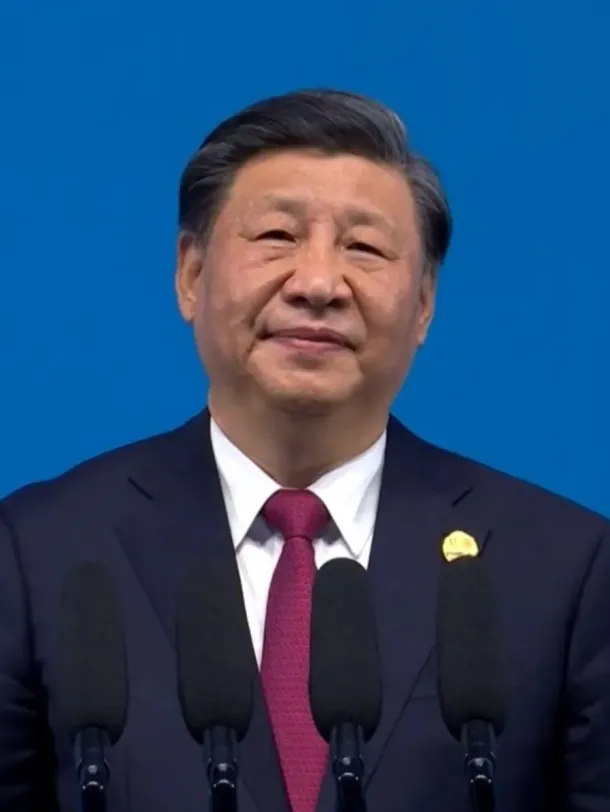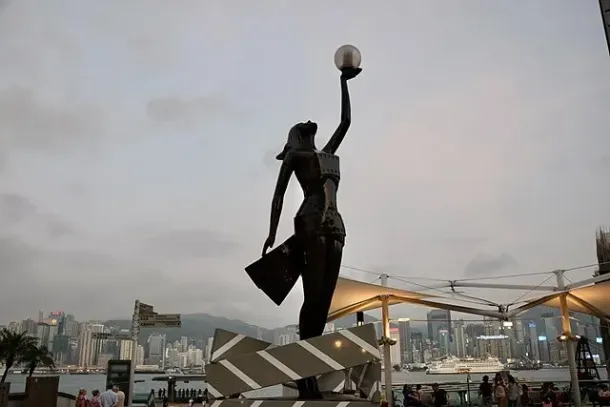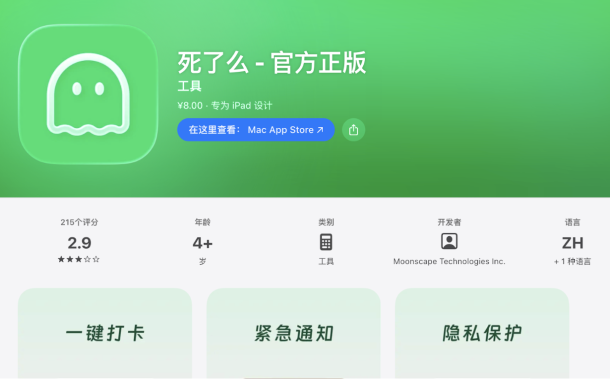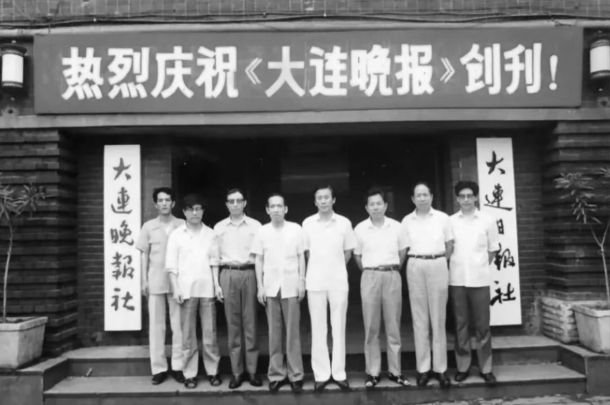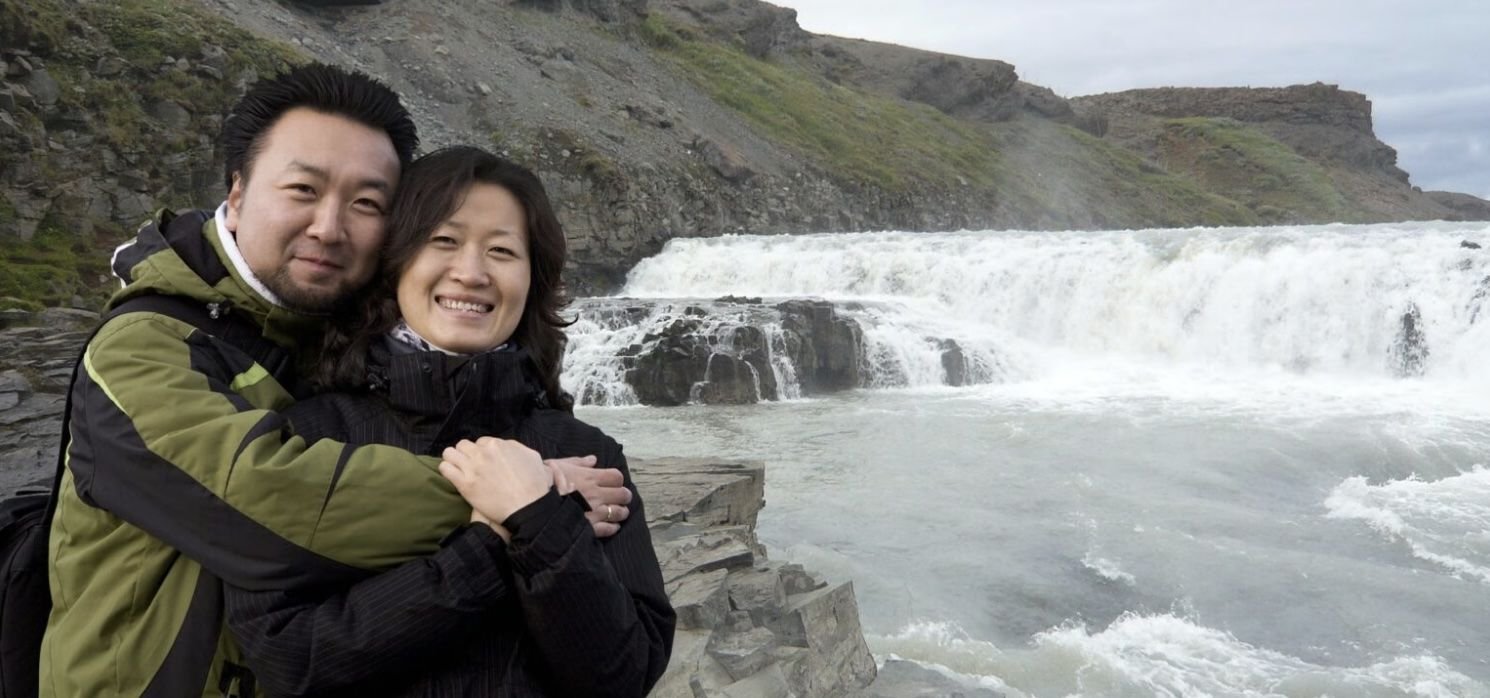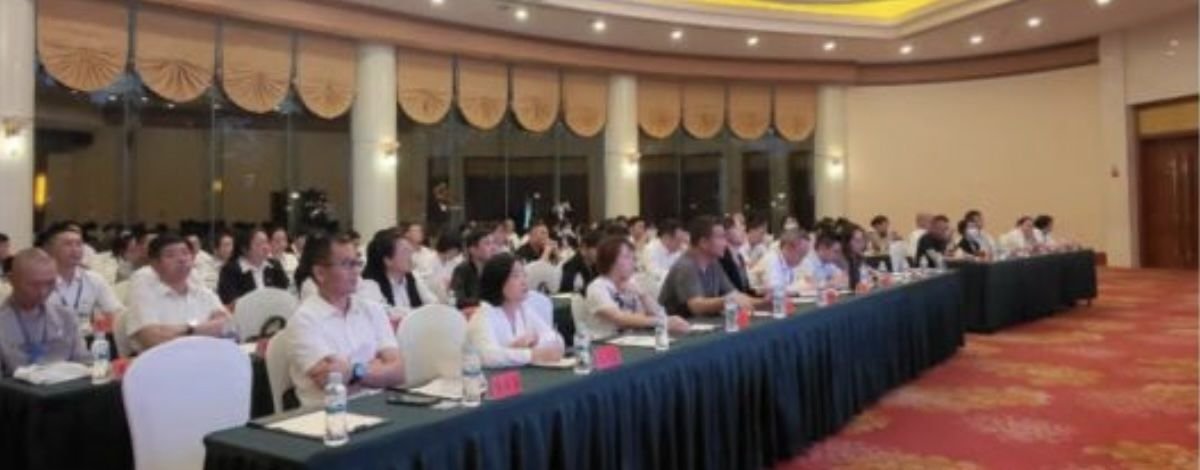Molding the Message
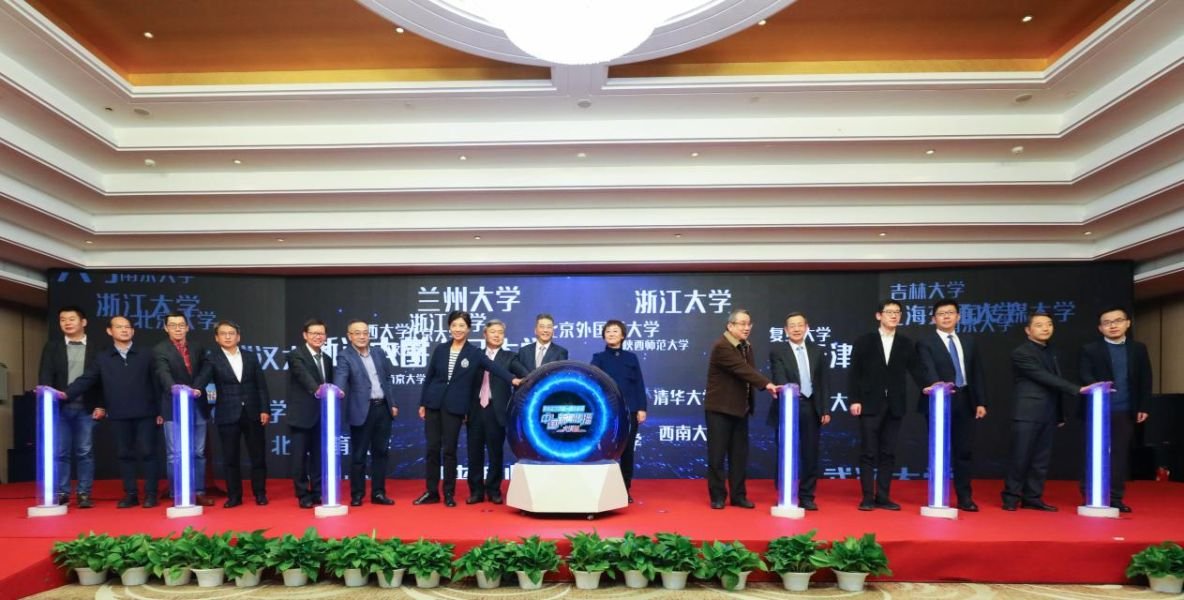
In many countries, training the next generation of journalists means fostering the skills needed to go after the story and report in the public interest — serving the needs of the audience. In China, where media work is defined by the ruling Communist Party as essential to maintaining regime stability, journalism education takes a fundamentally different path. The profession exists not to hold power accountable, but to serve what Xi Jinping calls “the Party’s news and public opinion work” (党的新闻舆论工作).
That reality was on full display on October 11, 2025, when journalists, university representatives, and officials from the Chinese Communist Party’s Central Propaganda Department, the Ministry of Education, and the All-China Journalists Association (ACJA) convened in Beijing for the 2025 edition of the “China Journalism and Communication Forum” (中国新闻传播大讲堂). The ACJA, though ostensibly a “non-governmental organization,” in fact serves as an important layer of media control, regularly taking charge of training and licensing journalists to ensure compliance with the Party’s objectives.
Held every year running since 2020 — even through the years of Covid-19 lockdown, a sign of its critical nature — the journalism and communication forum serves as a key mechanism for synchronizing state media practices with academic training, ensuring that Party control over journalism flows seamlessly from classroom to newsroom. It functions as an annual training exercise, reinforcing the reporting frameworks that journalists and educators must follow to serve Party objectives. While the mandate to serve the Party has always been at the heart of media under the CCP, Xi Jinping has strongly reiterated the principle, telling media in February 2016 that they must be “surnamed Party” (必须姓党).
Since launching in 2020, the forum’s themes have consistently focused on news gathering standards and international communication — a crucial topic as China seeks to enhance its global media influence — and, since last year, the integration of artificial intelligence into journalism practice. Over the past six years, the forum has invited 199 news workers to deliver lectures, according to a read-out this week from the National Press and Publication Administration (NPPA), the official government press and publication regulator that is in fact the same body as the Party’s Propaganda Department. Successive forums have produced 192 long-form video courses and 500 short video courses that have, according to the NPPA, reached more than 200,000 journalism students and faculty at over 700 universities nationwide.
Held over the weekend at the Communication University of China (CUC), this year’s forum brought together 32 lead instructors from 22 news organizations, and was attended by representatives from 11 universities. But beyond skills-based capacity building, the focus is on fostering what the leadership calls the “Marxist View of Journalism” (马克思主义新闻观), which justifies CCP control of media to maintain social and political stability.
The theme of this year’s forum was not truth-telling, or how media can remain sustainable amid competition from digital platforms and social media, or any of the topics generally found at journalism-related events worldwide. It was “New Thought Leads the New Journey: Journalists’ Adherence to Principle and Innovation” (新思想引领新征程:记者的守正与创新). “Thought” in this context was a reference to “Xi Jinping Thought,” the ruling ideology of the country’s top leader. “Adherence to principle,” meanwhile, was about remaining true to Party orthodoxy. And “innovation”? This was simply the idea that media must adapt their methods and their models — even as they are, as ever, ideologically tethered to the Party.

